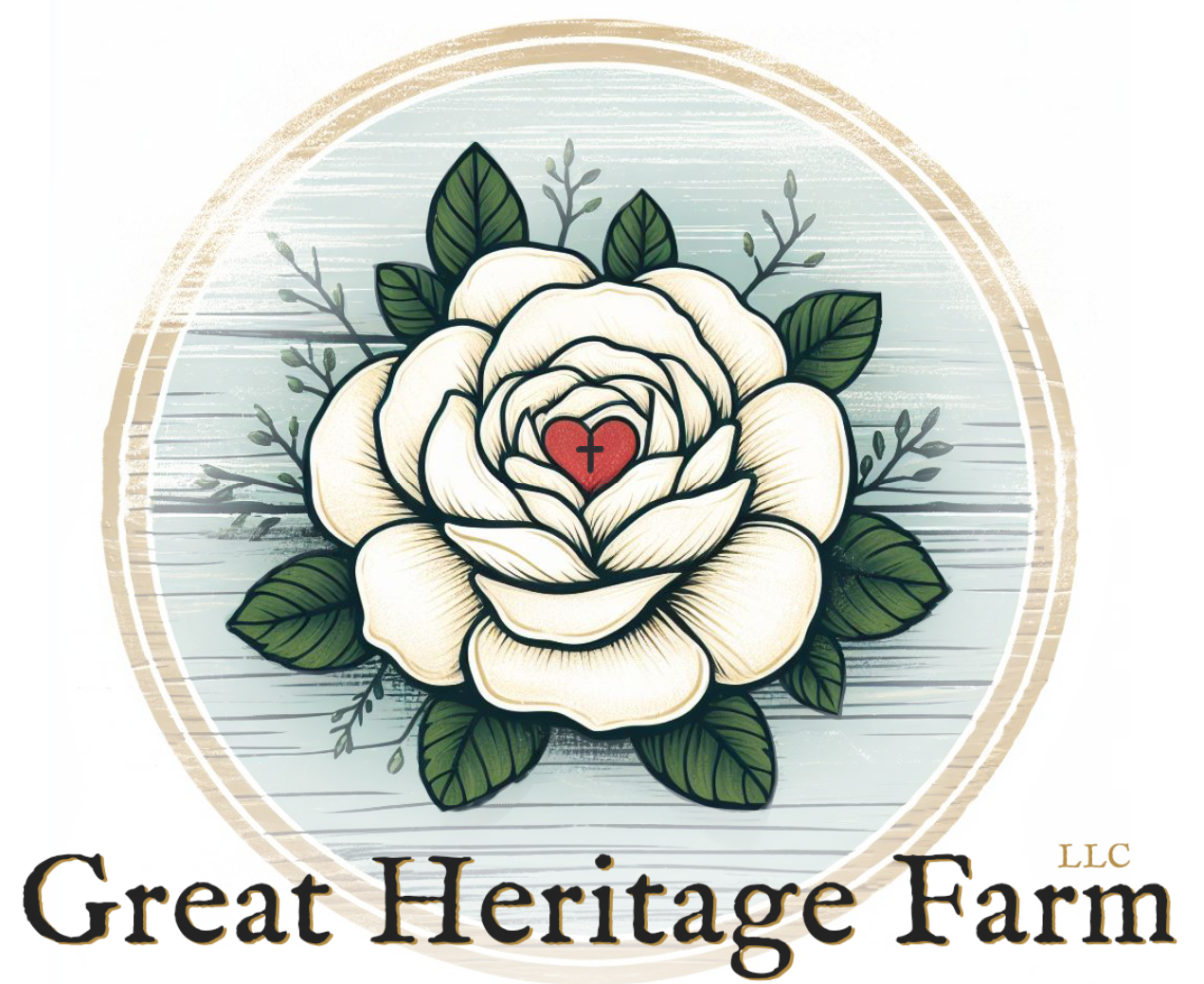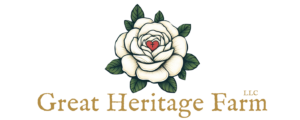I’m thrilled (and a bit nervous, if I’m honest!) to share that next week, our family is heading to Washington, DC. We’ve got wonderful help staying back at the farm to care for our animals, and we’re still pinching ourselves that we can make this trip together—most of us have never flown before and we could never normally afford to travel this way (thank you Americans for Family Farmers for sending us)! It’s still a bit surreal how random and unexpected this all came up.
We’ll be meeting with representatives to discuss the “Save Our Bacon” Act, previously called the EATS Act. This controversial measure, which some are pushing to include in the Farm Bill, raises complex questions about freedom, animal welfare, and trust in American farming.
For those who might not be familiar, the Save Our Bacon Act (H.R. 4673) is a federal bill aimed at preventing individual states from setting their own standards on how agricultural products—like pork—are produced if they’re sold across state lines. Essentially, it’s a push to override state laws that regulate the origin and raising methods of food. For example, back in 2016, Massachusetts voters passed Question 3, which bans the sale of pork (along with veal and eggs) from animals kept in extreme confinement—meaning spaces so tight the animals can’t even turn around, stand up, lie down, or fully extend their limbs. It’s a common-sense measure to discourage cruel husbandry practices. Similarly, California’s Proposition 12, passed in 2018, requires at least 24 square feet (think a little bigger than a twin mattress) of space per breeding sow and ensures animals can move freely. These laws let consumers in those states vote with their dollars for more humane options.
To me, giving animals room to move just feels right—it’s how living creatures were designed! But here’s where I wrestle personally: I’m all for less government intervention and more individual independence. I believe in people making their own choices, farmers innovating freely, and markets driven by real relationships rather than mandates. Yet, when I see the reality of some industrial practices, I understand why these laws came about. It’s a tension we’re carrying with us to DC.
Our farm raises hogs on pasture with plenty of room to root, roam, and just be pigs. You can come meet them! We go way beyond that 24 square feet per sow of because it’s natural and good for everyone, not because a law says we have to. We’re not Prop 12 certified, and that’s intentional. When the organizer of this DC trip asked all the farmers about their certifications, I loved Joel Salatin’s response from Polyface Farm: “We don’t participate in any formal certifications. We’re customer certified.” Yes! That’s exactly how I feel here at Great Heritage Farm. Our customers come out to the farm, meet us, pet the animals, walk the pastures, and see it all for themselves. That people-to-people trust is priceless—far better than a government stamp or a hefty payment to some certifying body.
We’re heading to DC to share our story: how we farm regeneratively, building soil and animal health without leaning on checklists or government rules. They can pass laws all day long (and they do!), but the real power lies with you—the consumer. You have the choice to support regenerative, local agriculture on your own terms. We’re still figuring it out as a family, and I’d love to hear your thoughts if you’ve got insights or opinions on this before we make the trip.
Thanks for being part of our journey. If you’re local, shoot me a text and make plans to swing by the farm sometime—I’d love to show you around and chat more.
With optimism,
Leah Matzke


